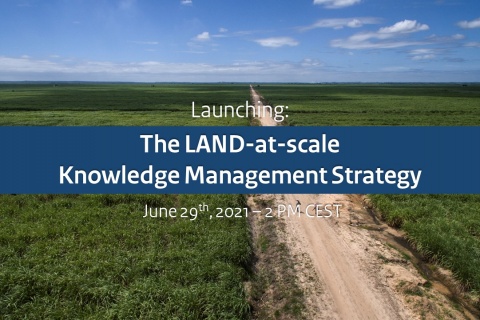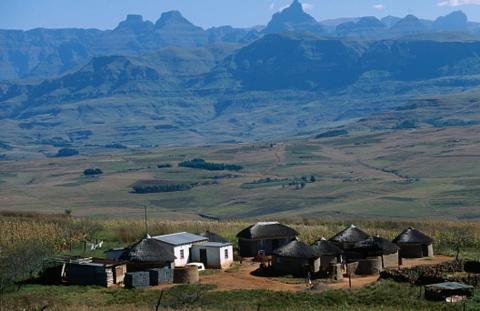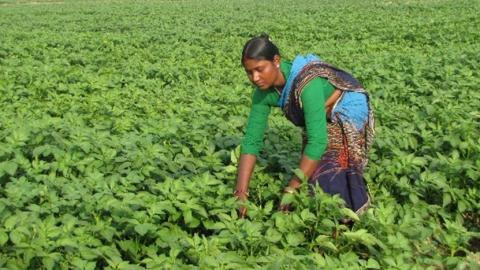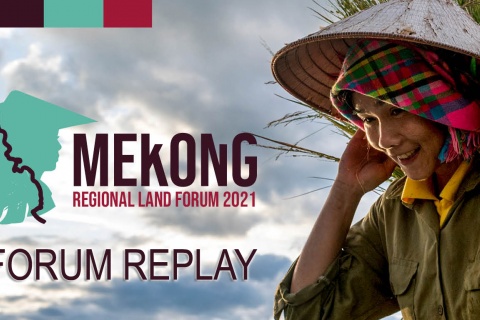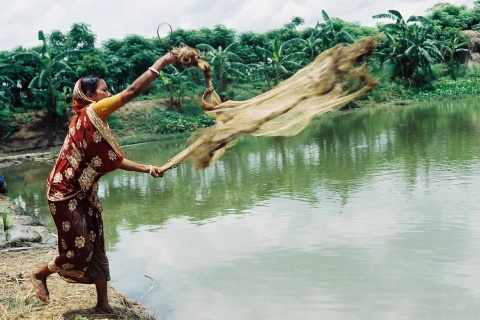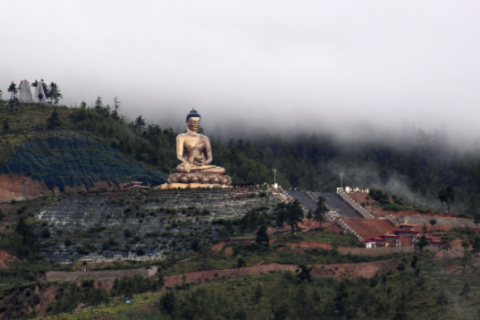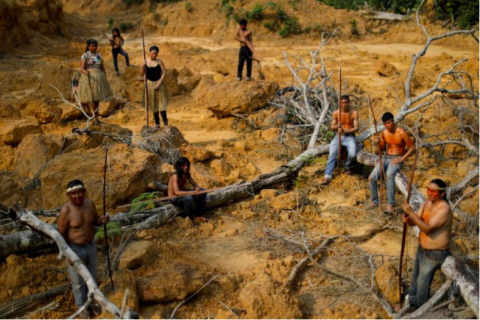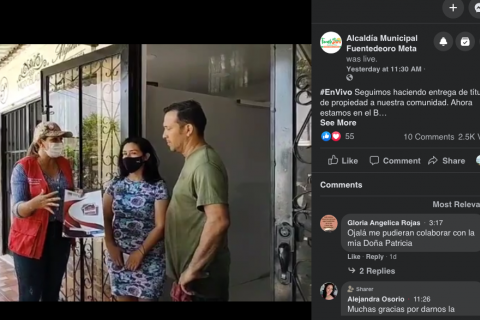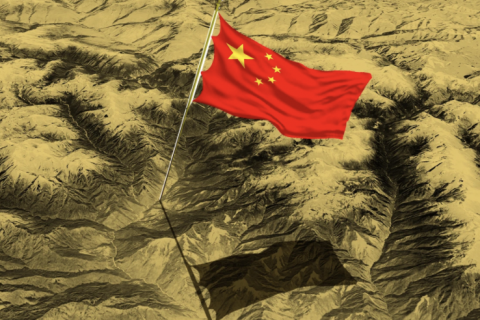Discover hidden stories and unheard voices on land governance issues from around the world. This is where the Land Portal community shares activities, experiences, challenges and successes.
 Follow our
Follow our
Sustainable Development Goals
Blog Series!
Interested in land corruption?
Follow our Land & Corruption Blog Series
for in-depth perspectives from the experts.
Issues
Geographical focus
Knowledge management and learning are at the heart of the LAND-at-scale program. On June 29th at a pre-event of the LANDac conference, the Netherlands Enterprise Agency (RVO), LANDac and the International Land Coalition (ILC) officially announced their collaboration to implement the knowledge management (KM) component of the program.
This session zoomed in on the local situation and challenges faced by grassroots communities and women in some low-Income countries. It provided an overview of support provided by Civil Society organizations (and governments) facilitating communities, women in particular, to step up the efforts to strengthen their land rights and to generate resilience in face of the climate and COVID-19 challenges they are facing.
More secure land tenure provides much better opportunities to face climate and COVID-19 challenges by investing in high biodiversity local food & income systems.
By Ben Cousins, Emeritus Professor, Institute for Poverty, Land and Agrarian Studies (PLAAS), University of the Western Cape
* This article originally appeared in the The Conversation on 22 June 2021
By: Thais Bessa, gender advisor at Integrated Land and Resource Governance (ILRG).
Purnima Kora is an ambitious farmer. She owns two small parcels of land that she purchased with her husband’s support and years of savings she earned from farming PepsiCo potatoes and rice, as well as by leveraging micro loans through a women’s self-help group. She also leases another half-acre plot to farm potatoes.
Summaries and selected replays from the 3rd Mekong Regional Land Forum are available below. Full replays of the plenary sessions will be posted shortly -- check back soon!
Instruments like the Voluntary Guidelines on the Responsible Governance of Tenure of Land, Fisheries and Forests in the Context of National Food Security (VGGT) are "voluntary", i.e., legally non-binding. These instruments are intended to have a direct influence on the governance of the tenure practice of states by providing an internationally recognized set of principles, and by simultaneously encouraging good practices.
Article written by Hal Brands and originally published by Bloomberg at: https://www.bloomberg.com/opinion/articles/2021-05-16/china-s-land-grab-in-bhutan-is-the-new-face-of-war
(Photo: Buddha at the border. Photographer: Arun Sankar/AFP/Getty Images)
The Pax Americana made outright invasions too risky, so autocrats are swallowing their neighbors one piece at a time.
This blog was written by Barbara Fraser and published by EarthBeat at: https://www.ncronline.org/earthbeat/politics/indigenous-peoples-lives-depend-their-lands-threats-are-growing-worldwide
- - - - - - - - - - - - - - - - - -
A Colombian Mayor surprises her constituents with land titles and uses live video and social media to spread civic messages about formalizing land tenure
Fuentedeoro’s Mayor, Patricia Mancera, took the world on a digital tour of her town. On Monday last week, Mancera’s team went live on Facebook, while walking door-to-door to deliver registered property titles to dozens of neighbors living in Fuentedeoro’s urban center.
Blog written by Robert Barnett and originally posted by Foreign Policy at: https://foreignpolicy.com/2021/05/07/china-bhutan-border-villages-security-forces/

